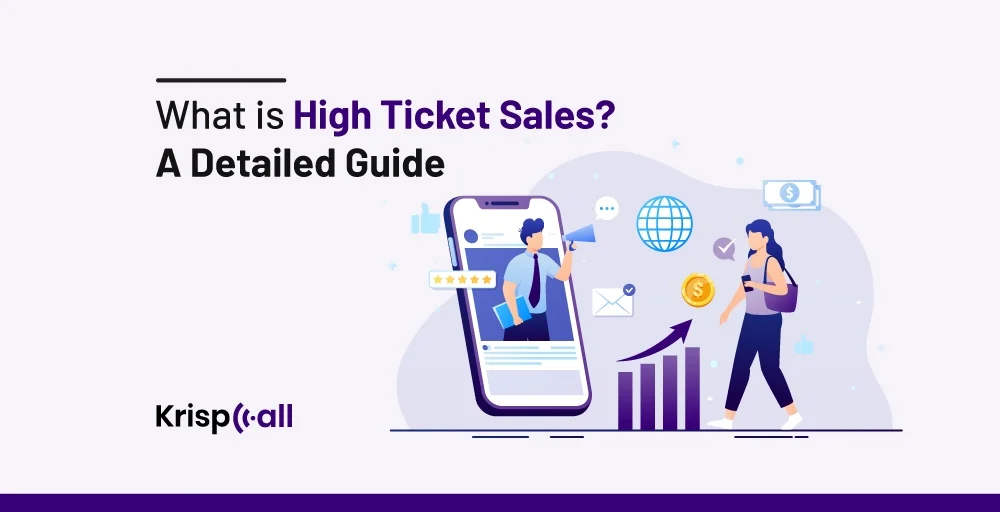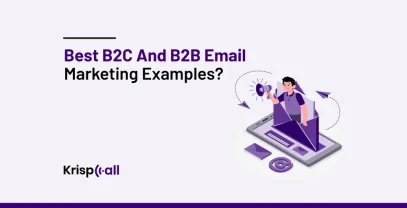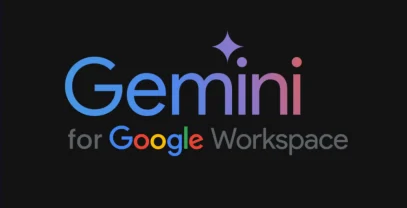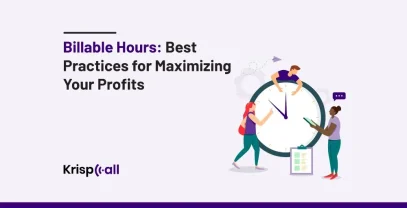In this sales-driven market, one term that consistently emerges is “high ticket sales”. 💰
What exactly do high ticket sales mean? How are they different from ordinary sales strategies, and what business do they prosper in?
This extensive guide aims to give a detailed overview of high-ticket sales, covering their definition, execution, importance, and probable revenue generation.
🔑 KEY HIGHLIGHTS
- High-ticket items cover a wide variety of goods and services, including real estate properties, luxury cars, premium online courses, luxury vacations or retreats, and jewelry.
- According to research on the market value of the global luxury products market, the valuation was made at over $300 billion in 2021.
- High ticket sales offer higher profit margins, good relationships with clients, and less competition.
- The Relevance of the Funnel method is slowly fading away, and the Flywheel method is taking over the sales strategy in the global market.
What is High Ticket Sales?

High-ticket sales is the process of selling goods or services with a very high price value. These products usually require a considerable customer investment, generally thousands or millions of dollars. Typically, high-ticket sales include selling high-quality premium products or services that provide remarkable value to the consumer’s needs.
Examples of High-Ticket Items
Usually, products or goods with a high price tag that average consumers choose to avoid can be categorized as high-ticket products. High-ticket items cover a wide variety of goods and services, which include:
- Real estate properties
- Luxury cars
- Premium online courses
- Luxury vacations or retreats
- Jewelry
High Ticket Sales Industries
Many industries triumph in high ticket sales, providing exclusively premium products with services with high price tags. Some examples of high-ticket sales industries are given below:
1. Real estate
Real estate deals with buying, selling, and renting out properties. It includes commercial, industrial, and private spaces. Real estate is undoubtedly the most valued high-ticket sales industry. It involves high-end assets like houses, mansions, apartments, land, and commercial buildings. The price tag for these assets usually involves hundreds of thousands or millions of dollars.
2. Jewelry Industry
The jewelry industry involves the production, selling, marketing, and distribution of jewelry items made from different rare stones and metals. High-priced jewelry items like wedding rings, diamond necklaces, and ruby and gold earrings are categorized as luxury goods and are valued with large sums of money because of the design, material, and craftsmanship used in the products.
3. Luxury Cars
Compared to an average standard automobile, luxury cars offer premium quality, endurance, comfort, status, and performance, making them high-ticket products. Luxury brands like Porsche, Aston Martin, Rolls-Royce, Mercedes-Benz, and Bentley are the ones that manufacture and distribute luxury cars to premium clients. Customers are often driven by the status that comes with the brand, making the luxury car industry into the high ticket industry club.
4. Premium Digital Courses
Premium and exclusive digital courses are provided by experts and experienced individuals from various fields like trading, sales, personal growth, marketing, and so on. Premium courses usually cover detailed knowledge, guidance, mentorship, and training in a specific industry. Premium digital courses fall under the high ticket sales industry due to their high price, which is justified by exponential returns and results.
According to research on the market value of the global luxury products market, the valuation was made at over 272.74 billion US dollars in 2022 and is expected to reach 392.40 billion US dollars, showing the potential of high-ticket sales industries.
How Does High Ticket Sales Work?
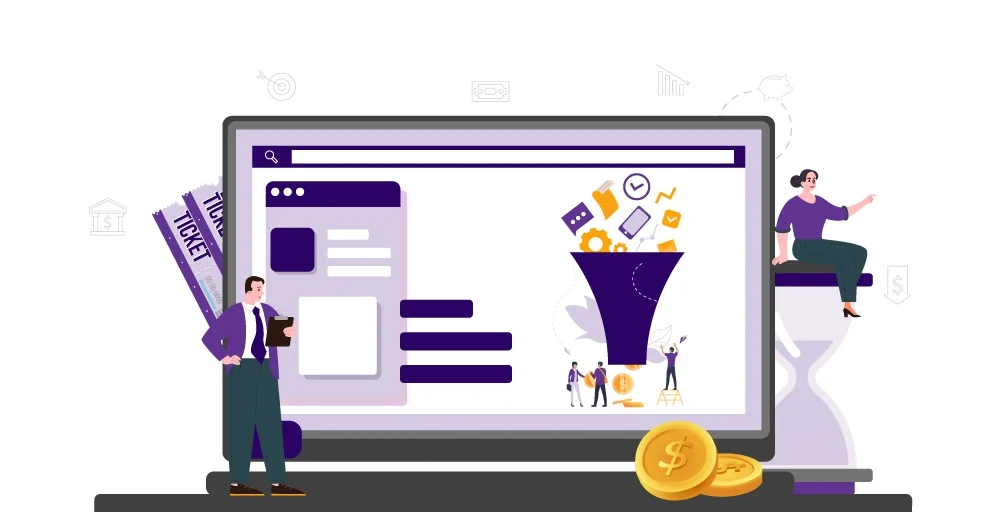
High ticket sales work by building good relationships with potential customers and finding the exact value they are seeking or solutions to meet their specific needs. Unlike normal regular sales, closing high-ticket sales deals is more time-consuming.
Selling high-ticket products requires a very thoughtful and keen strategy. High ticket sales mean focusing more on wealthy clients, making prominent connections with them, and convincing them why your premium high-ticket products or services are worth the value.
Benefits of Selling a High Ticket Product or Service
There is always an opportunity in times of chaos. While the inflation rates are increasing, knowing the right way of executing high-ticket sales can be more beneficial than spending the time and cost required to operate regular sales.
Here are some of the benefits of selling high tickets, products, or services:
- Higher Profit Margins: The valuation of high-ticket products is done based on the status and name of the brand. Businesses can keep their profit margin higher in comparison to low-cost products.
- Enhanced Perceived Value: High ticket product prices are usually interlinked with the value, keeping high ticket products as premium and superior in quality.
- Increased Credibility and Authority: Successfully executing high ticket sales enhances a business’s reputation and sets itself as an authority within its industry.
- Opportunity for Personalization: High-ticket products are purchased by clients with specific needs or with personalized custom designs. Businesses dealing with high-ticket products or services can offer personalized and tailored experiences to the customer, helping in maintaining good relations.
- Potential for Long-Term Relationships: High-ticket products or services focus more on building relationships instead of acquiring just customers. This leads to long-term relationships with the customers, creating a revenue stream and recommendations.
Stages of the High Ticket Sales Funnel
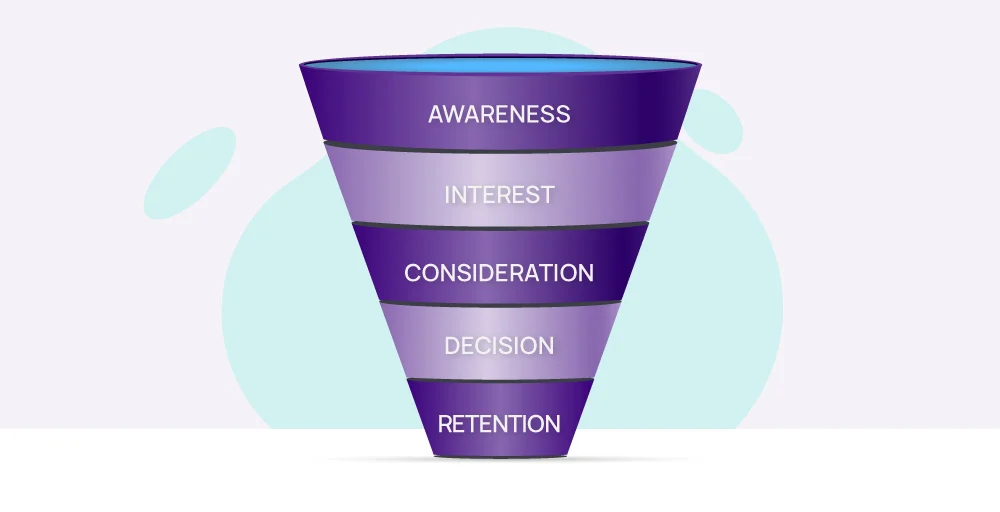
A high-ticket sales funnel is a sales strategy that is more advanced than the basic sales strategy of awareness and conversion. High ticket sales funnel deep dive into the various factors that ignite the purchasing decision of high-end clients.
High ticket sales have several stages, each focused on guiding the possibility of purchase:
- Awareness: This stage focuses on getting the attention of potential customers through marketing efforts and messaging to make them aware of your brand or product.
- Interest: In this stage, you focus on increasing engagement with content that gives value to the customers, providing personalized communication, and showing them the benefits of your high-ticket products and services.
- Consideration: This stage involves educating your potential clients with detailed information, addressing their concerns, and flourishing relationships to build trust.
- Decision: The fourth stage is assisting your customers in making purchasing decisions by presenting exciting offers, addressing obligations, and providing exceptional after-sales customer service.
- Retention: This stage ensures that customers are satisfied, fosters loyalty, and encourages repeat business and referrals.
Funnels vs Flywheels: Which Marketing Strategy is Better for High-Ticket Sales?
When it comes to selling high-ticket products and services, choosing the right marketing strategy is very important. Funnel and Flywheel approaches are the two best marketing strategies in the high ticket sales market.
While funnel marketing strategy is a linear approach where, after a deal is done, the business moves to find another potential client, flywheels represent a circular process. The flywheel model focuses on building incentives over time by attracting, engaging, and captivating customers.
For high-ticket sales, the flywheel strategy holds more promise. Here’s why:
- Relationship Building: High-ticket purchases often involve a significant investment of time and money. Building trust and rapport with customers is crucial. The Flywheel model excels in fostering long-term relationships.
- Word-of-mouth: Positive experiences with high-ticket items can lead to powerful word-of-mouth recommendations. The flywheel’s focus on customer satisfaction and engagement naturally encourages referrals, which are invaluable for selling high-ticket items.
- Repeat Business: High-ticket customers are more likely to make repeat purchases if they have a positive relationship with the brand. The flywheel’s emphasis on customer delight ensures that customers keep coming back, contributing to sustained revenue over time.
While funnels have their place in marketing and generating quick conversion, a flywheel is more focused on creating a community for like-minded business professionals or people with the same interests. In the long term, it proves to be more effective. The churn rate is very low, and the brand name flourishes with every interaction and engagement in the community.
How Do You Master High Ticket Sales?
Mastery of high ticket sales require a combination of effective negotiation skills, strategic marketing planning, profound knowledge of the industry, and a client-oriented approach. Here are the key points to remember for high ticket sales include:
- Conduct in-depth market research to identify upcoming opportunities and target demographics such as location, age group, gender, and industry-specific personnel.
- Build a strong personal or commercial brand and establish its trustworthiness within the industry.
- Use polished and back-tracked sales techniques such as relationship building and consultative selling.
- Use data analytics and technology to review your performance, enhance processes, and figure out areas for improvement.
- Continuously refine and adapt strategies based on market dynamics and customer feedback.
Final Thoughts
High-ticket sales bring profit-making opportunities for companies to exceed the demand for high-ticket products and services. By gaining insights and excelling in the unique ideology of these sales tactics, businesses can unleash new income sources, maintain good relationships with clients, and present themselves as kingpins within their industry.
FAQ
Is high ticket sales hard?
High ticket sales can be complex due to their higher stakes and the need for specialized skills to close them. However, the correct persistence and methods can be exponentially rewarding.
Is high ticket sales legit?
Yes, high ticket sales is an entirely legitimate business model that many luxury brands and real estate companies apply to sell high ticket products to premium clients.
Can you make money in high ticket sales?
Yes, you can make money in high ticket sales. Experienced high-ticket sales individuals and companies can generate significant profits by successfully targeting the right clients, giving them extra value from purchasing high-ticket products, and building long-term relationships, not limiting them to a single purchase.
How much do high ticket sales make?
The revenue or profit in high-ticket sales can depend on multiple factors, such as the product or service involved, industry, salesperson performance, and sales volume. High-end sales professionals in premium coaching, real estate, luxury cars, and jewelry can earn six to seven-figure incomes annually.
Where to find high-ticket clients?
High-ticket clients are mostly highly intellectual persons who can be found through networking with a well-off group of like-minded individuals, participating in industry-specific events and conferences, targeted marketing strategies, and through online platforms like LinkedIn, chat forums(Reddit, discord), etc.

